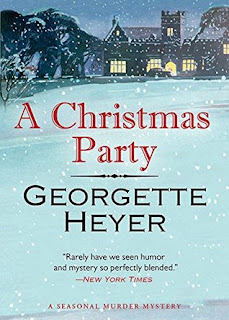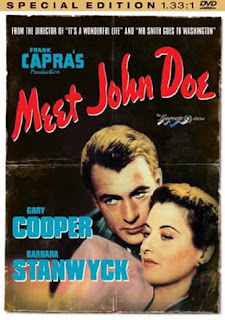Holiday Affair (1949)

The question I most often confront when looking at old romantic comedies is how much of a curve I should grade them on when it comes to overlooking both the use of now cliched tropes and pervasive sexism. Is Holiday Affair good? Well, depending on whether we mean "good for 1949" or "good for 2020," we'll reach distinctly different conclusions. This movie aged... well, fine, relative to most of its contemporaries (or at least the ones I can think of). But it's still dated in ways I found difficult to ignore. I'm not sure if anyone's put together a comprehensive taxonomy for the genre yet, but Holiday Affair would be classified with modern entries like Sleepless in Seattle. The "will they/won't they" tension is built around an illusionary question of whether the character will take a risk for love or settle for the more readily available partner/human obstacle. Really, this is all an update of the old "marry for love or money" c...














